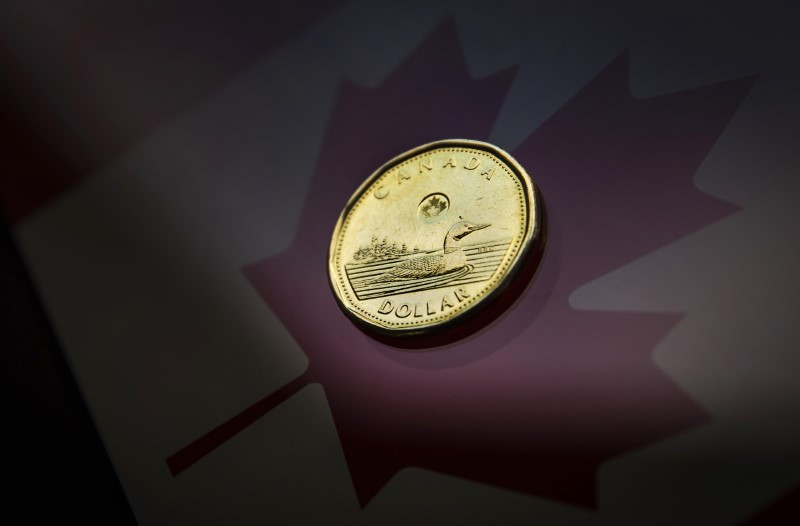By Gertrude Chavez-Dreyfuss
NEW YORK (Reuters) - Investors are looking to ramp up wagers against already-battered commodity currencies, a sign that many believe a rebound in oil prices is nowhere in sight after this week's historic plunge in crude.
Though crude prices have bounced back in recent days after turning negative for the first time ever earlier this week, many investors believe a coronavirus-led slowdown in global demand is likely to persist for months, weighing on oil and depressing the currencies of commodity producing countries.
"The collapse in oil just confirms my view that the global economy is in very bad shape," said Momtchil Pojarliev, head of currencies at BNP Asset Management in New York. "I don't think we are getting out of this anytime soon."
Betting on declines in commodity currencies has paid off for fund managers in recent months, as the coronavirus pandemic has sapped demand for everything from crude to industrial metals.
Among the worst hit currencies have been the Brazilian real, which is down 36% year-to-date, and the Mexican peso, which has lost 30%. The currencies of iron ore exporter Australia, dairy exporter New Zealand and crude producer Canada have all fallen between 9% and 10%.
BNP, with assets under management of $493 billion, is currently short the Australian and New Zealand dollars and is looking to increase these bets if the currencies bounce, Pojarliev said.
Axel Merk, founder and chief investment officer of Merk Investments, said his firm has been short the Norwegian krone in its quantitative fund before this week's oil collapse. The fund is maintaining its short positions in the currency, even though the krone is down 20% this year.
Merk believes Norway's central bank is unlikely to raise interest rates any time soon, as low oil prices depress inflation. Lower rates tend to weigh on a currency by making it less attractive to yield-seeking investors.
"Our valuation model is screaming cheap for the Norwegian krone ... but we believe it could get cheaper," Merk said.
Millennium Global Investments in London, overseeing $18 billion in assets, has recently placed bets on a decline in the Canadian dollar and is maintaining a short position on the Australian dollar, said Richard Benson, the firm's co-chief investment officer.
"When the oil price is half of what is sustainable to maintain an economy, it has a negative economic impact," Benson said.
Westpac Institutional Bank is bearish on the Canadian dollar and recommends that investors buy the greenback against the Canadian currency below C$1.40, targeting C$1.50 or higher on a three- to six-month horizon. The U.S. dollar on Thursday was last at C$1.4066.
"The historic energy market collapse and relatively modest fiscal support compared to G10 peers are likely to consign (Canada's) economy to an extended period of underperformance," said Richard Franulovich, head of FX strategy at Westpac.
BofA Securities also believes commodity currencies - including Norway's krone - have further declines ahead.
"The chaotic turn in the oil markets indicates likely downward macro pressure that will do more damage in the commodity space, putting pressure on commodity currencies," the bank said in a recent report. "The only certainty is uncertainty during the COVID-19 crisis."
Other banks are recommending relative value trades that pit various commodity currencies against one another.
Société Générale, for example, suggested using options to bet the Australian dollar will outperform the Canadian dollar, due to Australia's comparatively healthier fiscal position, the bank's analysts wrote.
